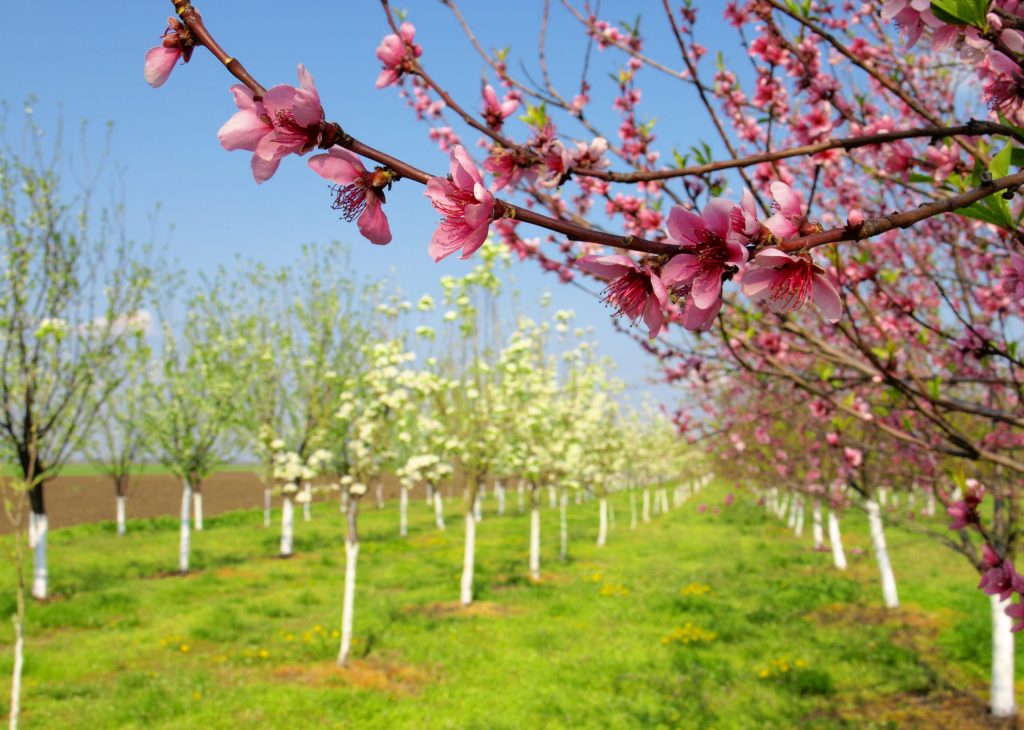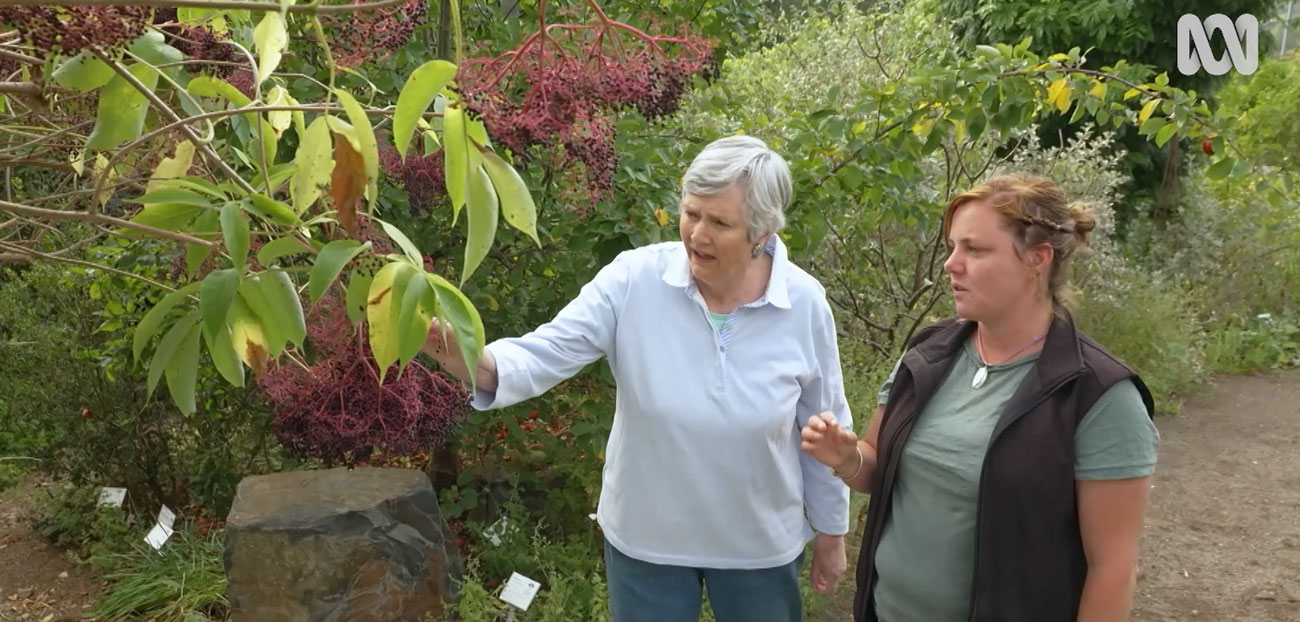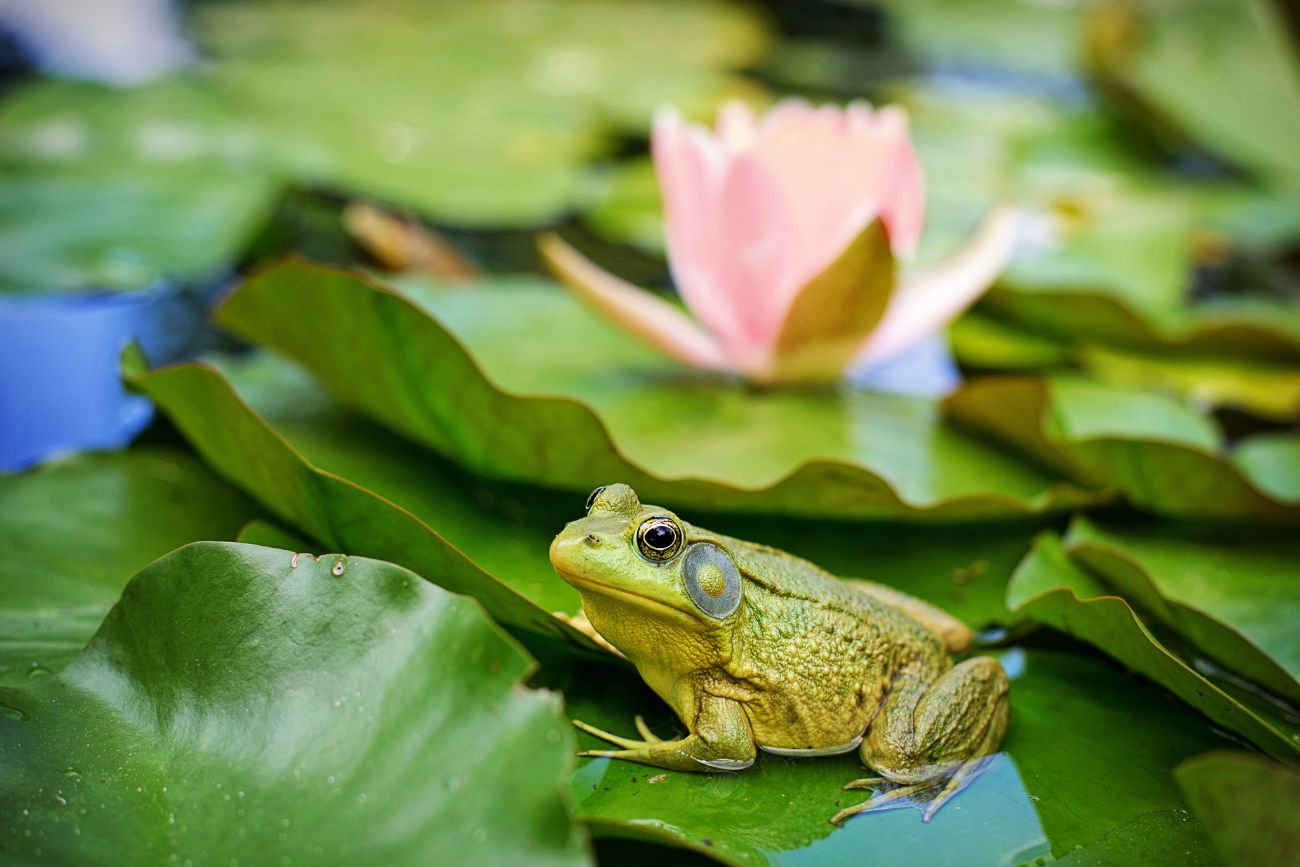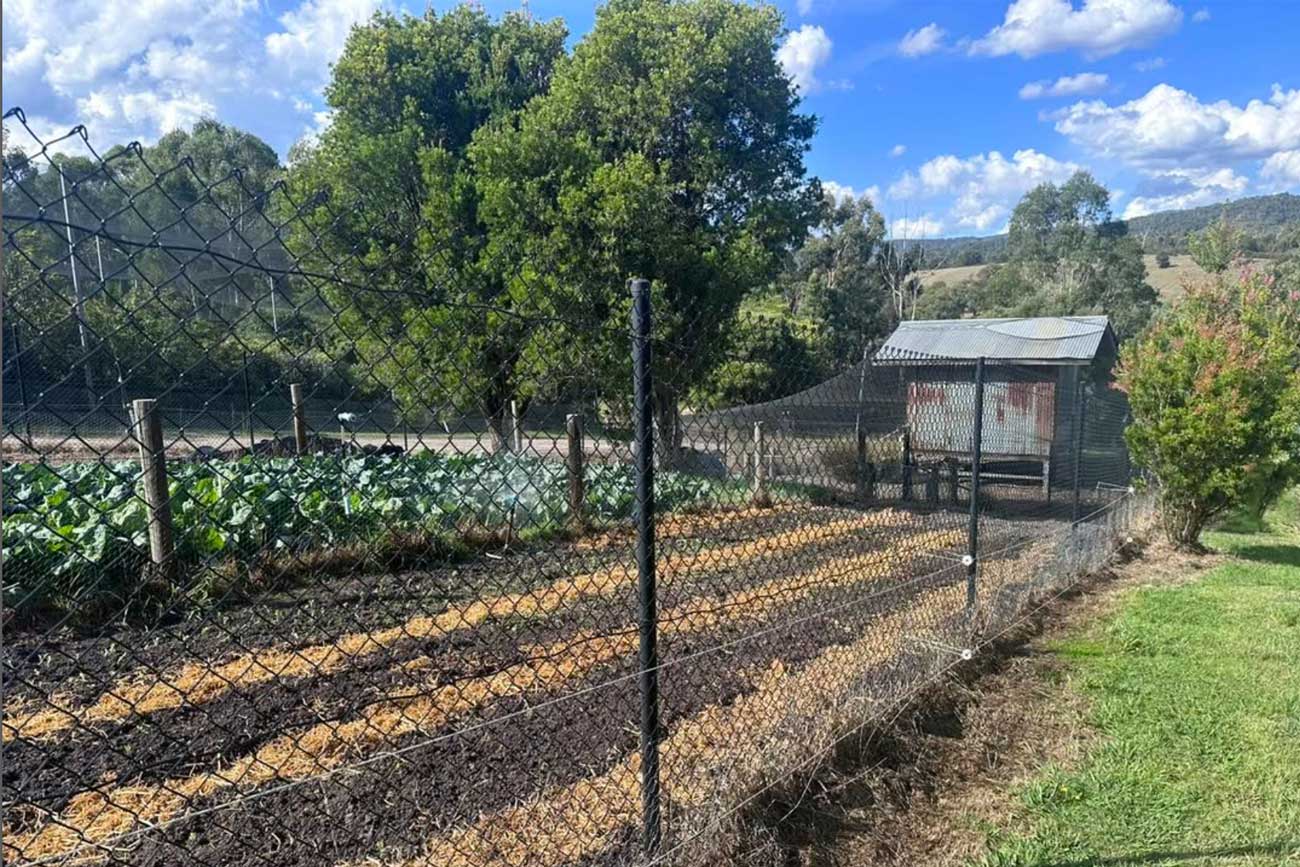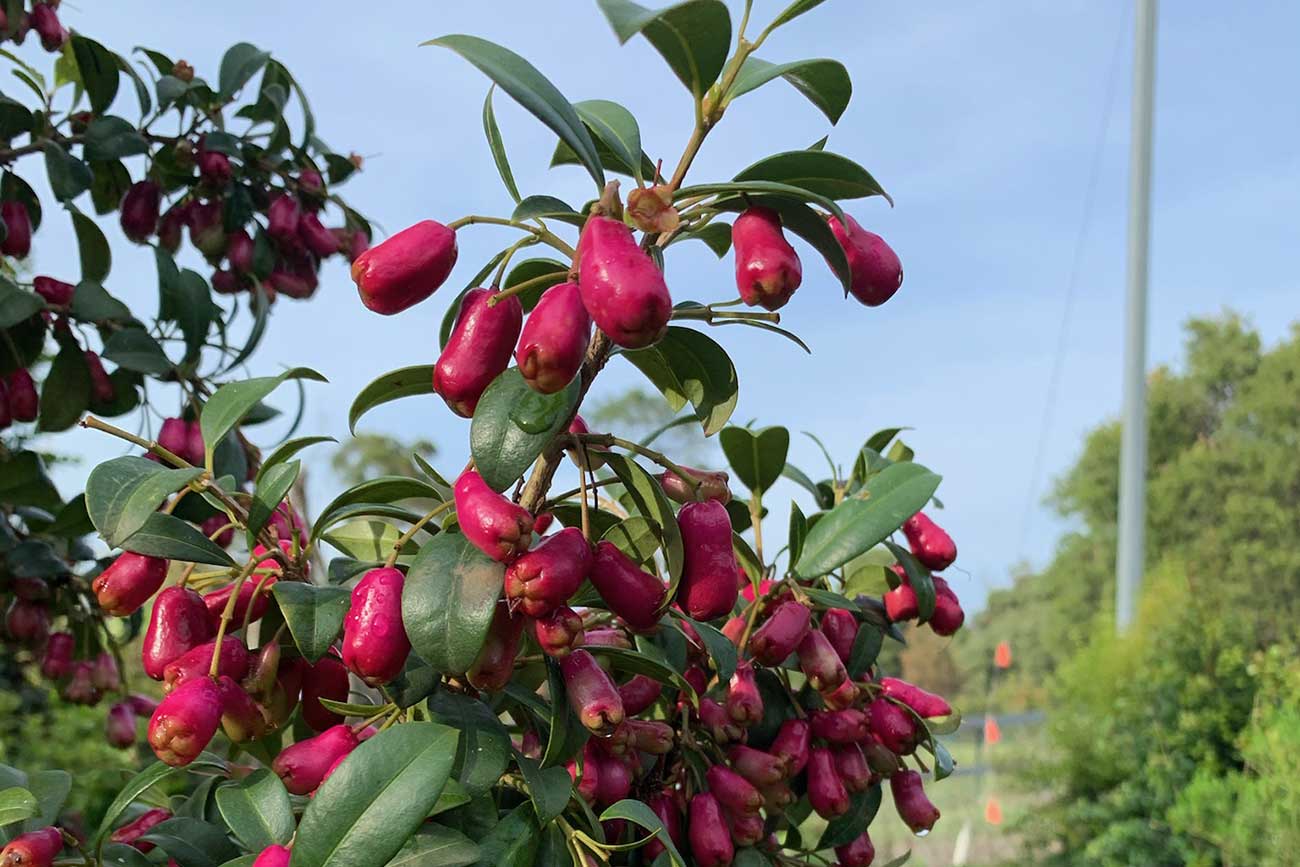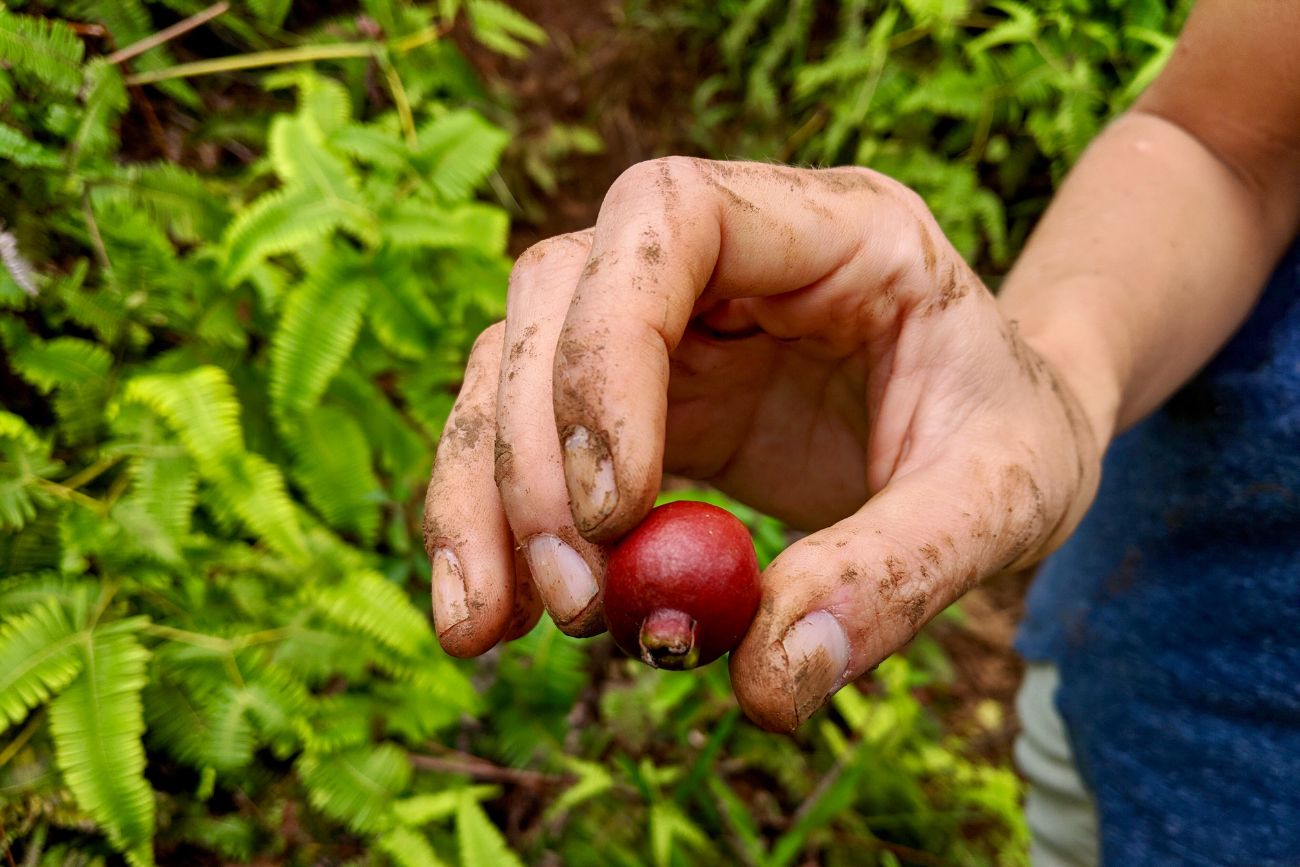July is the perfect time in winter to prepare your soil and plant bare rooted fruit trees and roses.
WHAT IS BARE ROOTED PLANTING?
Bare rooted plants are field grown plants which have been dug up from the soil in their dormant state, no soil remains attached to the remaining root mass, hence the term ‘bare rooted’.
SOIL PREPARATION
Prepare the soil in advance to maximise longevity of the plant. We suggest digging organic material (compost) and manures into the soil. It is important that you thoroughly combine everything together and do not plant into straight compost. We also recommend that the soil mixture is nicely damp throughout.
PLANTING
After you have dug the hole for your tree, carefully place the plant and return the soil back around the plant to fill the hole. To avoid collar rot, make sure you only bring the soil up to the level that the potting mix was. Press the soil down firmly and water the plant in well with a solution of liquid fertiliser which will help to stimulate root growth. Stake the tree if required, ensuring you allow enough space with the ties for the tree to grow and move freely, without the possibility of breaking.
WHAT TO PLANT?
Growing your own fruit has so many benefits, the simple beauty of the trees during each season, the satisfaction of eating your own tasty produce and the health benefits of fruit in your diet.
In the past, growing your own fruit trees were often seen to be for those with large backyards. Now with the introduction of dwarf fruiting trees these plants are a great option for the average back yard or potted in smaller spaces, perfect for the home gardener. Varieties available; apple, apricot, cherry, nectarine, peach, plum, pear.
For those with more space, stone fruit can be a great option. Varieties to consider include apricot, cherry, plum, nectarine and peach. These are full size trees.
Kiwi fruit are very popular and have become a firm favourite for lunch box snacks. Kiwi fruit are climbing plants and you will need a minimum of 2, 1 female and 1 male, for them to successfully fruit.
Olive trees can be grown for their fruit or as ornamental. The olives themselves can be picked and preserved for long-term enjoyment.
Anyone who has eaten fruit straight from the plant will know the difference in flavour between the home grown and the supermarket varieties, so give it a try!
We also recommend under planting with purple bee attracting plants like lavender, native kangaroo paw and mint as this will encourage bee activity and natural pollination.
Happy Planting! If posting your planting to social media, hashtag #edibleforestyv so we can see what our gardening enthusiasts are up to.
The Edible Forest Team
